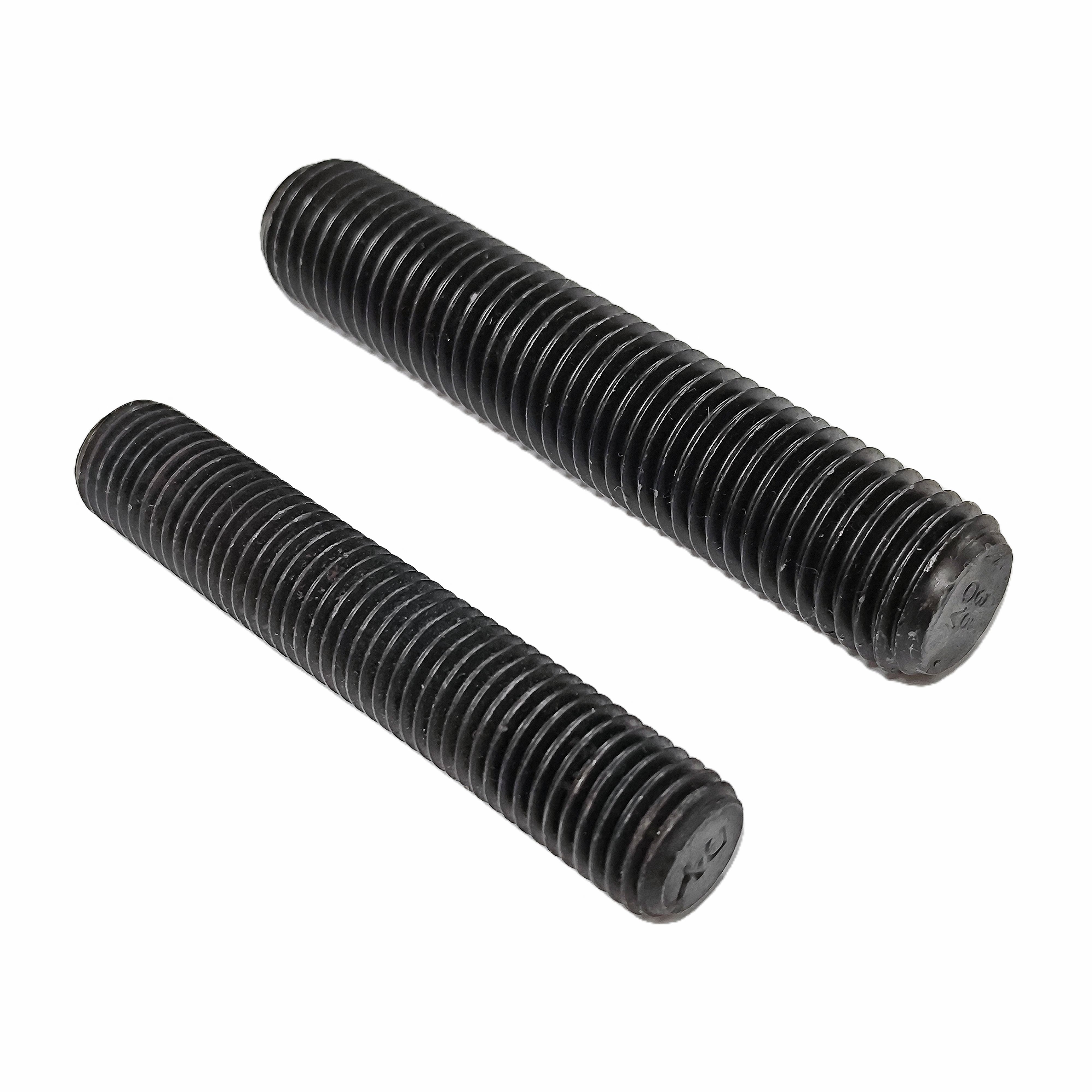

A Comprehensive Guide to 10mm Stud Bolts for Various Industrial Applications and Uses
জুলাই . 21, 2024 02:31 Back to list
A Comprehensive Guide to 10mm Stud Bolts for Various Industrial Applications and Uses
The Significance of 10mm Stud Bolts in Industrial Applications
10mm stud bolts are an essential component in various industrial applications, offering unique benefits and substantial reliability. Often used in the construction and machinery sectors, these fasteners play a crucial role in securing multiple components together, ensuring structural integrity and efficiency. Understanding their characteristics, advantages, and applications can help industries make informed decisions about their fastening needs.
Characteristics of 10mm Stud Bolts
A stud bolt typically consists of a long rod with threads on both ends and a smooth shank in the middle. The 10mm designation refers to the diameter of the bolt, which signifies its strength and load-carrying capacity. The slight dimensions of a 10mm stud bolt make it versatile for numerous projects, from lightweight machinery to heavy-duty constructions. These bolts can be manufactured from various materials, including stainless steel, carbon steel, and alloys, enhancing their durability and resistance to corrosion, heat, and wear.
Thread size and pitch are equally crucial. The thread design – whether coarse or fine – affects how the bolt interacts with nuts and holes in the components being fastened. Coarse threads are less likely to strip and provide greater tensile strength under heavy loads, while fine threads can offer better vibration resistance and precision. Additionally, 10mm stud bolts often incorporate standards such as DIN, ISO, or ANSI, ensuring compatibility and interchangeability with other fasteners.
Advantages of Using 10mm Stud Bolts
One of the primary advantages of using 10mm stud bolts is their ability to distribute weight evenly across the joined components
. This distribution reduces stress points, minimizes the risk of damage, and ultimately prolongs the lifespan of structures and machinery. Furthermore, stud bolts facilitate easier assembly and disassembly. Because they can be inserted through bolted joints with nuts on either end, they simplify maintenance and repairs, allowing quick access to replace parts without needing to dismantle large sections of equipment.10mm stud bolt

Another significant benefit is their versatility. 10mm stud bolts can be found in a variety of applications, including automotive, construction, aerospace, and manufacturing. They provide strong connections for heavy machinery, support structures in buildings, secure components in engines, and form critical links in piping systems.
Applications of 10mm Stud Bolts
In the automotive sector, 10mm stud bolts are often used to secure critical engine components, ensuring that they withstand the intense pressures and vibrations generated during operation. In construction, they help hold together steel beams, girders, and trusses, which are essential for the structural integrity of buildings and bridges. Their resistance to shear and tensile forces makes them ideal for these demanding applications.
In the manufacturing industry, 10mm stud bolts are instrumental in assembling machinery and equipment that require precise alignment and secure fastening. Similarly, they are prevalent in the oil and gas industry, where stud bolts secure flanges in pipes, ensuring leak-proof connections under high pressure.
Conclusion
In summary, 10mm stud bolts are a vital component in various industries, providing strength, reliability, and ease of use. They offer a perfect balance of functionality and versatility, making them indispensable in applications ranging from automotive engines to large-scale construction projects. As industries continue to evolve and demand higher standards of performance and efficiency, the importance of 10mm stud bolts will undeniably grow. Understanding their features and benefits allows engineers and designers to make educated choices in their designs, contributing significantly to safety and durability in engineering applications.
Latest news
-
Premium Fasteners Manufacturer | AI-Driven Solutions
NewsAug.01,2025
-
Hot Dip Galvanized Bolts - Hebei Longze | High Strength, Corrosion Resistance
NewsAug.01,2025
-
High-Strength Hot Dip Galvanized Bolts - LongZe | Corrosion Resistance, Custom Sizes
NewsAug.01,2025
-
Best Self Tapping Screws for Drywall - Fast & Secure Installation
NewsJul.31,2025
-
High-Strength Hot Dip Galvanized Bolts-Hebei Longze|Corrosion Resistance&Customization
NewsJul.31,2025
-
Hot Dip Galvanized Bolts-Hebei Longze Metal Products|Corrosion Resistance&High Strength
NewsJul.31,2025

